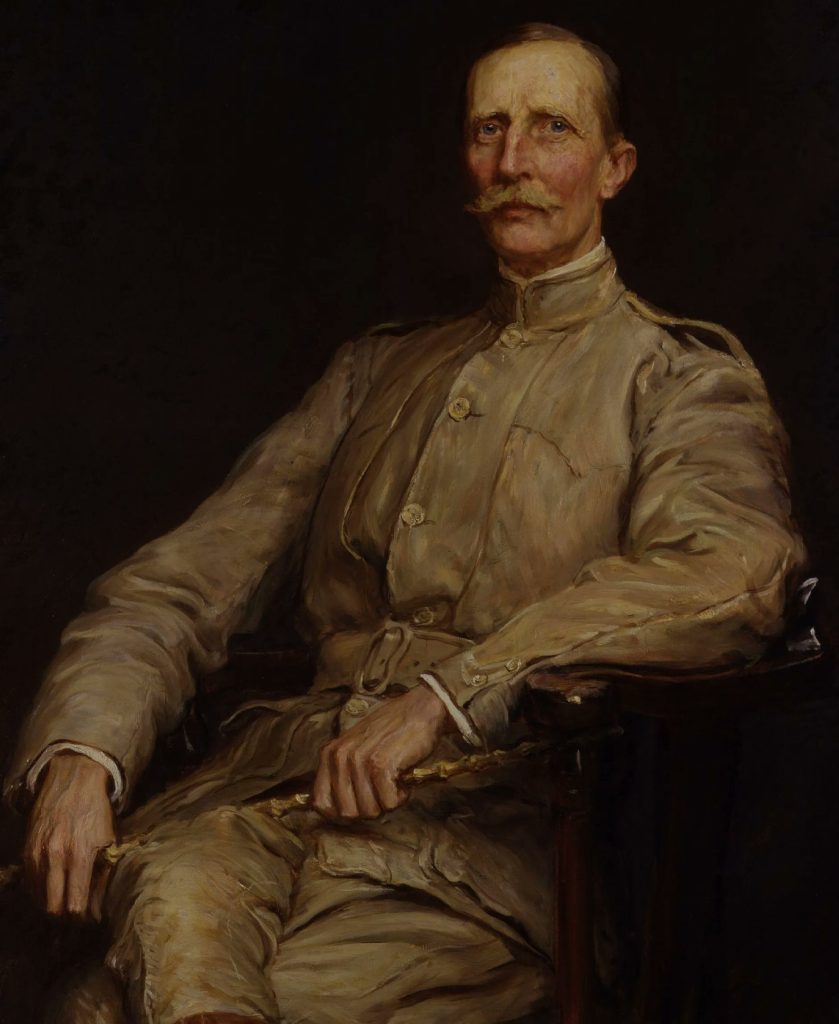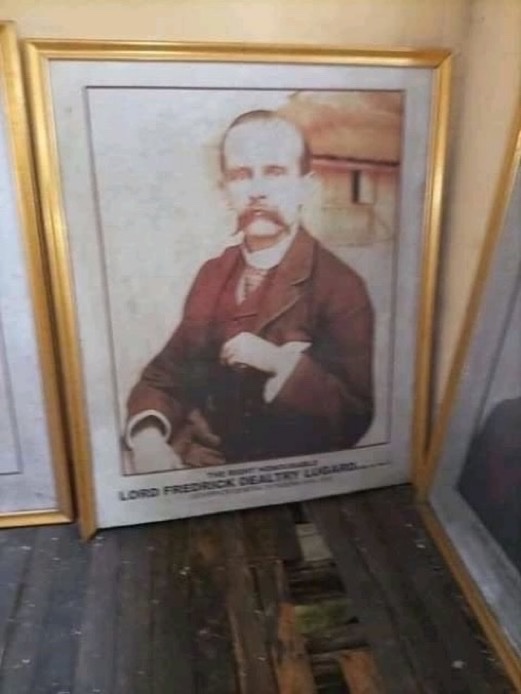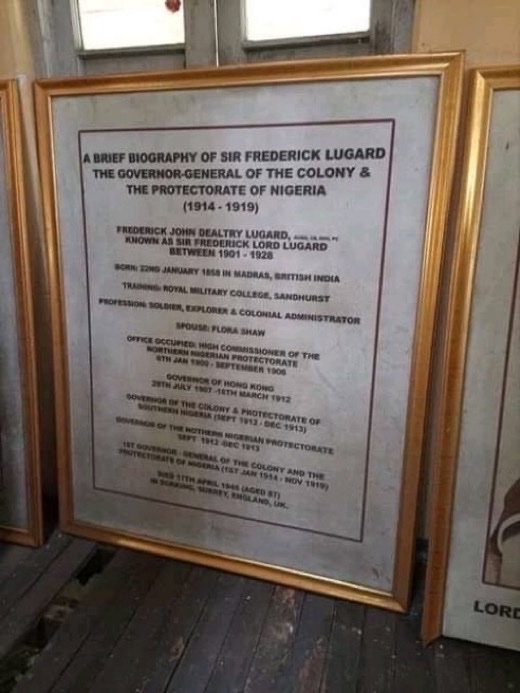Key Personalities and their Roles in the Amalgamation of Nigeria
As discussed here, the merging together of the Northern and Southern protectorates of Nigeria took place in 1914 in what formed a diverse tapestry of cultures, languages, and landscapes. In this article, we will embark on a compelling journey through history to explore the lives of key personalities who played instrumental roles in the amalgamation of Nigeria’s territories.
Key Personalities and their Roles in the Amalgamation of Nigeria Territories
Some key personalities that had a direct impact on the Amalgamation of Nigeria in 1914 include Lord Lugard, Antrobus, Fiddes, and Strachey. They all supported the amalgamation of Nigeria from the Colonial Office. The missionaries and some traditional rulers at the time also supported the amalgamation.
1. Sir George Dashwood Taubman Goldie (1846 – 1925)

Captain Taubman was born in 1846. He was an officer in the British Royal Navy, a well-trained engineer and a keen explorer who had travelled widely. He played a major role in the amalgamation of Nigeria.
In 1875, Taubman Goldie acquired one of the trading firms on the Niger Delta. At purchase, the firm was almost bankrupt so he had to move to the area to stir up the affairs of the company. It was his first visit to Nigeria. When he came to Nigeria in 1877, he reasoned that if British merchants want to survive the tight competition, they must merge together to become one. Captain Taubman Goldie invited and led the process of merging these companies together, with the aim of the existing reducing competition and maximizing profits.
He eventually succeeded in persuading all the British traders to merge together as one company. His company, Royal Niger Company, was merged with a number of British companies under the umbrella of the “United African Company” in 1879. Taubman Goldie was himself the secretary of the company.
The United African Company (U.A.C) could not please everyone in the area. This led to rising international competition, especially from the German and French operating on the upper Niger. The next big step Taubman Goldie took was to absorb all these foreign companies under the umbrella of the National African Company (N.A.C) in 1882.
The gigantic influence the National African Company had was what gave the British the claim to the ownership of the area at the Berlin Conference of 1884 – 1885. Unknown to many, it was all part of Sir Taubman Goldie’s aim to work towards the colonization of Nigeria for the British Empire through the trading activities of the company
In 1886, the National African Company (N.A.C) gave way to the Royal Niger Company (R.N.C). In the same year, the company was bestowed the Royal Charter to trade and exercise political power in the Niger Area. The Royal Niger Company Charter was later revoked in December 1899, but before then, Sir George Taubman Goldie had signed over 300 treaties with the Native chiefs through peaceful negotiations and diplomacy. This alone brought a large territory under the Company’s rule and thus, was an attempt to unite the Niger areas under one authority.
2. Sir Federick Lord Lugard


Sir Federick Lord Lugard was born in 1858 in present day Chennai in India. He was, however, raised in England. Lugard served in the British Army and fought so many wars in countries like Burma, Sudan, Nyasaland and Afghanistan between 1878 and 1888. Before taking up roles in Nigeria, Lugard already had vast experience: having been appointed to the distinguished serving order in 1887 and serving as the military administrator of Uganda between 1890 and 1892.
In 1894, Sir Federick Lord Lugard signed treaties with Kings and Chiefs of the Borgu region (in Central Nigeria) on behalf of the Royal Niger Company. The British specifically appointed Lord Lugard to protect their interest in the hinterland of the Lagos Colony and other parts of the Niger Area so as to prevent the French invasion/incursion of the area.
In an attempt to stop or prevent the French incursion, Lord Lugard expanded the native army to become the West African Frontier Force in 1899. Later, he was appointed as the first High Commissioner for the protectorate of Northern Nigeria. In 1901, he was given the title “sir” for his brilliant accomplishments in the colonial conquest of Nigeria. In 1906, he resigned as High Commissioner.
Later, from 1912 to 1914, Lord Lugard served as the governor of the Northern and Southern protectorates. He amalgamated the protectorates in 1914 so as to facilitate good administration. Lord Lugard was also the one who introduced the policy of indirect rule through which he was able to administer various communities through their traditional rulers.
From 1914 to 1919, Sir Federick Lord Lugard served as the Governor General of Nigeria.
3. The Missionaries
European missionaries in 19th-century Nigeria established schools and churches, fostering cultural interaction among diverse ethnic groups. Their efforts laid the groundwork for a shared language and education, indirectly contributing to discussions on the country’s unity and amalgamation.
4. Traditional Rulers
Nigeria’s traditional rulers held authority and maintained social order within their communities. British administrators collaborated with them for indirect rule, recognizing their influence. These rulers’ involvement in negotiations and governance discussions helped ensure stability during amalgamation and influenced the nation’s administrative structure